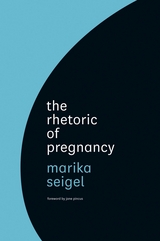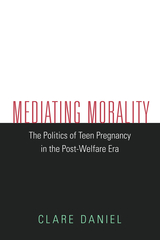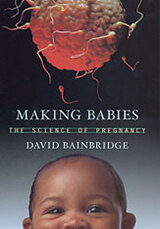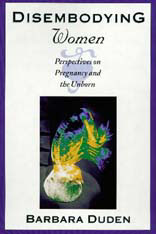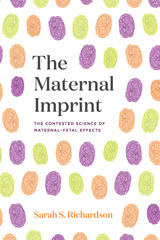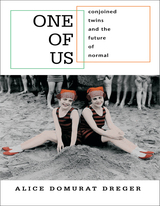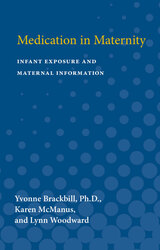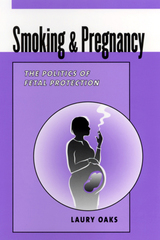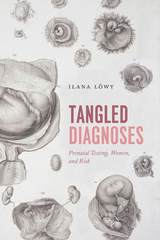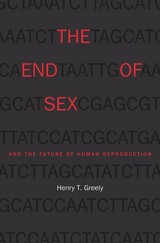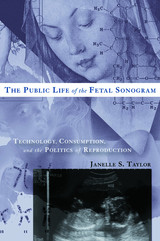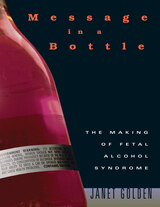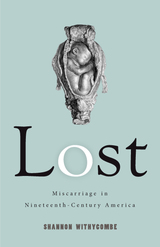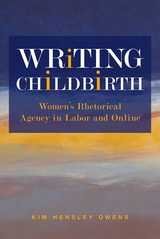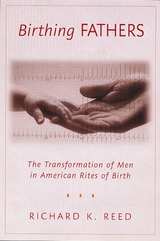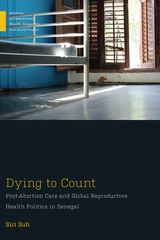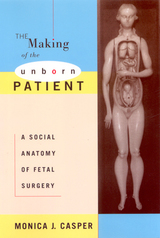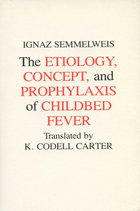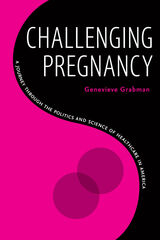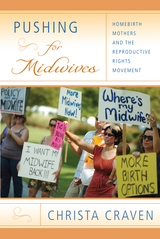Cloth: 978-0-87840-803-0 | Paper: 978-0-87840-804-7
Library of Congress Classification RG628.P745 2000
Dewey Decimal Classification 176
As prenatal tests proliferate, the medical and broader communities perceive that such testing is a logical extension of good prenatal care—it helps parents have healthy babies. But prenatal tests have been criticized by the disability rights community, which contends that advances in science should be directed at improving their lives, not preventing them. Used primarily to decide to abort a fetus that would have been born with mental or physical impairments, prenatal tests arguably reinforce discrimination against and misconceptions about people with disabilities.
In these essays, people on both sides of the issue engage in an honest and occasionally painful debate about prenatal testing and selective abortion. The contributors include both people who live with and people who theorize about disabilities, scholars from the social sciences and humanities, medical geneticists, genetic counselors, physicians, and lawyers. Although the essayists don't arrive at a consensus over the disability community's objections to prenatal testing and its consequences, they do offer recommendations for ameliorating some of the problems associated with the practice.
See other books on: Asch, Adrienne | Disability Rights | Jennings, Bruce | Nelson, James Lindemann | Prenatal diagnosis
See other titles from Georgetown University Press

